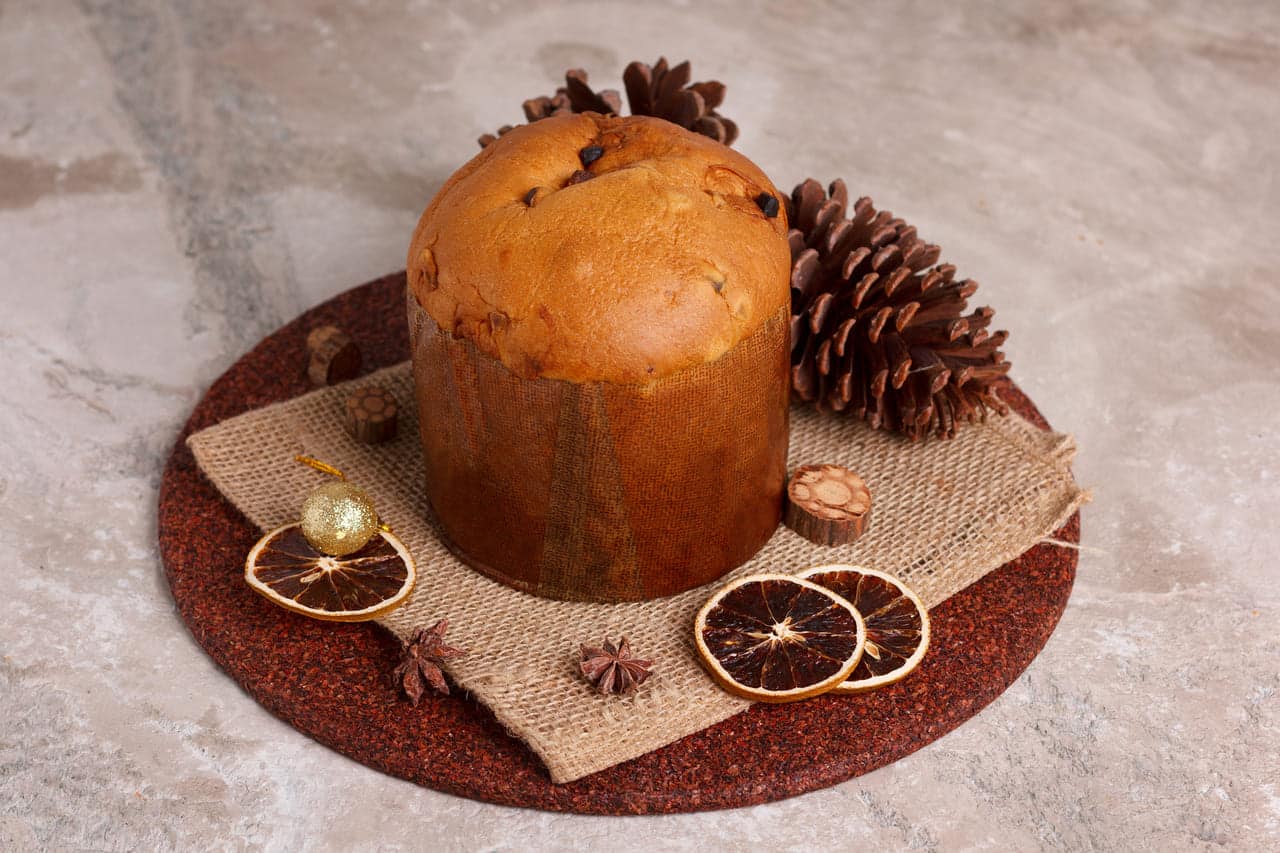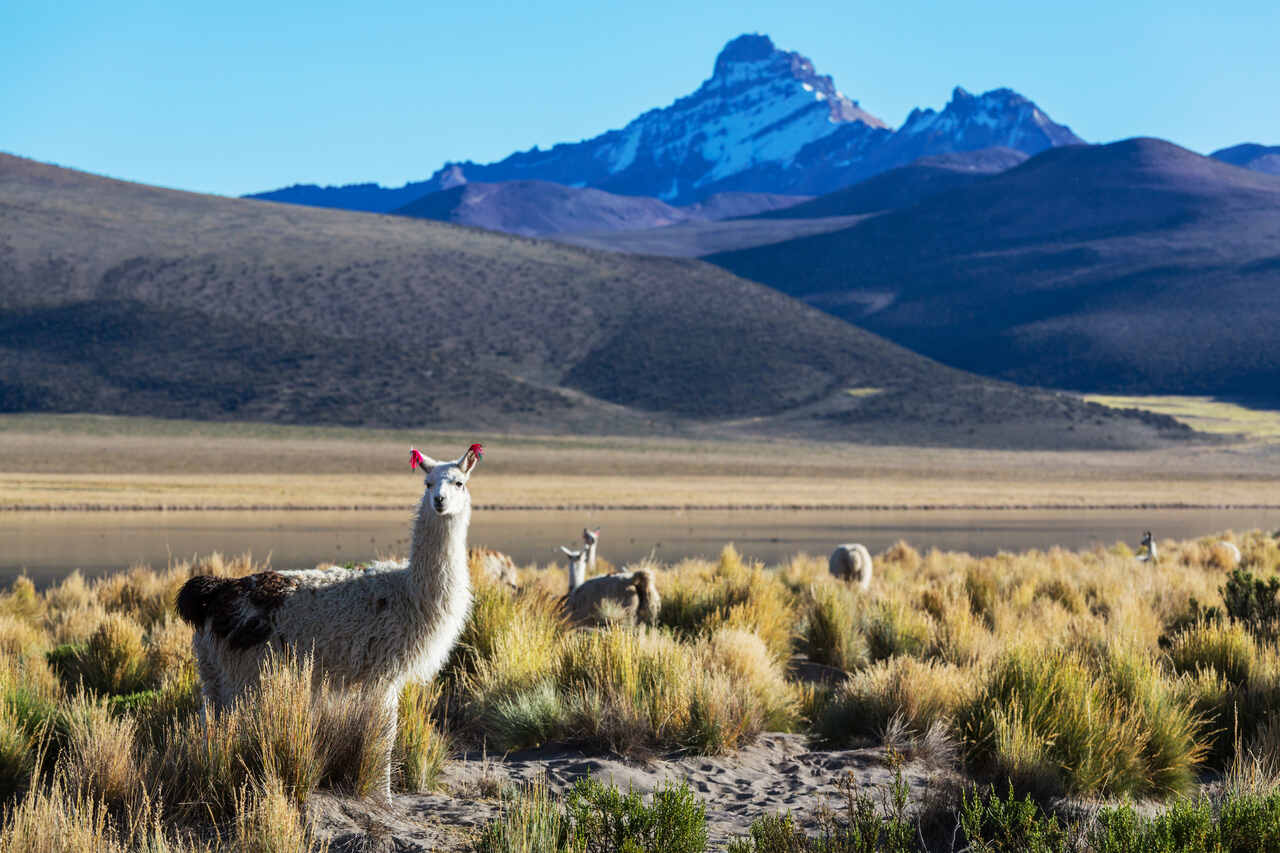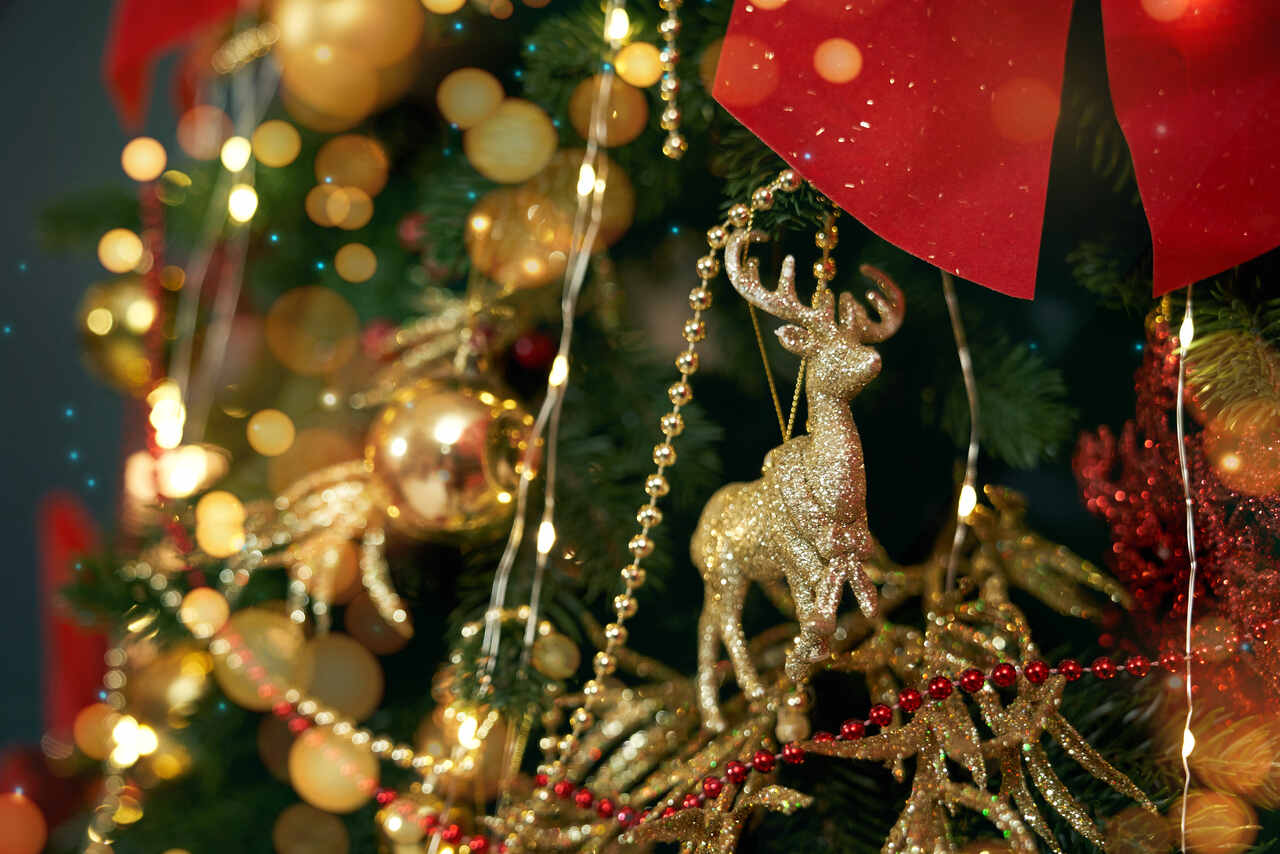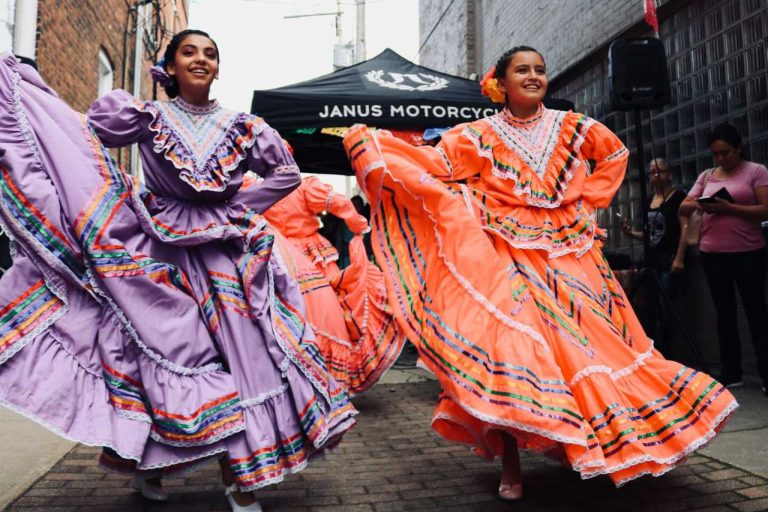
Did You Know These Christmas Traditions in Bolivia?
DATE:
In Bolivia, the celebration of Christmas is an enchanting fusion of indigenous traditions and Roman Catholic influences, culminating in a uniquely vibrant and heartwarming celebration. This diverse South American nation, with its rich tapestry of cultures, presents a Christmas experience that is as colorful and varied as its landscapes. From the snow-capped peaks of the Andes to the lush lowlands of the Amazon, each region adds its own flavor to the festivities, making Bolivian Christmas a mosaic of customs and traditions.
The Bolivian Christmas is not just about the visual splendor of decorations or the sumptuousness of festive meals; it’s deeply rooted in a sense of community and spiritual reflection. Here, the holiday season bridges the gap between ancient customs and contemporary celebrations, weaving together stories of the past with the joys of the present. It’s a time when the streets come alive with lights and colors, homes are adorned with intricate nativity scenes, and the air is filled with the aroma of delicious traditional foods. This blend of indigenous and religious elements creates a festive atmosphere that is both deeply reverent and joyously celebratory, inviting everyone to partake in a truly unique cultural experience.
Christmas in Bolivia: A Colorful and Devout Celebration
In Bolivia, Christmas is not just a day but a season of joy, reflection, and togetherness. It’s a time when Dedicated Teachers and Student Success Advisors, like those at SpanishVIP, share in the spirit of the season, fostering a sense of global community and cultural understanding.
Vibrant Decorations and Nativity Scenes
In Bolivia, homes and streets are adorned with bright decorations and lights, reflecting the festive spirit. The nativity scene, or ‘nacimiento’, holds a place of honor, often more emphasized than Christmas trees. These scenes are intricately designed and can be found in homes, churches, and public spaces, showcasing figures of the Virgin Mary, Baby Jesus, and the Wise Men. Large nativity scenes are a common sight, embodying the artistic creativity of the Bolivian people.
Traditional Bolivian Christmas Meals
In the heart of Bolivia’s Christmas celebrations lies the traditional Christmas meal, a feast that brings families together in a shared experience of culinary delight. On Christmas Eve, homes are filled with the aromas of roast pork or beef, seasoned with unique Bolivian spices, and surrounded by vibrant salads and an array of tropical fruits. These dishes not only satisfy the palate but also represent the richness of Bolivia’s culinary heritage.
A particularly cherished tradition is the drinking of hot chocolate, paired with ‘buñuelos’, a type of fried pastry that is a staple in Bolivian Christmas cuisine. This combination of the rich, warm beverage and the sweet, soft pastry creates a sense of comfort and joy, integral to the festive atmosphere.
The culinary celebration extends into Christmas morning with a special soup, typically made from chicken or beef. This soup, simmering with vegetables and spices, isn’t just nourishing—it symbolizes the start of a joyous day with family. Each spoonful is infused with the warmth and love that epitomizes the Bolivian Christmas, making the meal a cornerstone of holiday festivities and an expression of cultural and familial bonds.
The Unique Customs of Gift-Giving and Celebrations
Gift-giving in Bolivia during Christmas is more than just an exchange of presents; it’s a deeply embedded tradition that reflects the nation’s rich cultural heritage and communal values. The practice is intricately linked with religious customs, making it a meaningful part of the holiday festivities. On ‘Noche Buena’, or Christmas Eve, this tradition takes center stage. Families gather to attend the ‘Misa de Gallo’ or ‘Mass of the Rooster’, a symbolic midnight mass that commemorates the birth of Jesus. This mass is not only a spiritual experience but also a social gathering, reinforcing the bonds of community and faith.
Following the mass, the act of gift-giving begins, embodying the spirit of sharing and togetherness. It’s a time when families and friends exchange carefully chosen gifts, each present symbolizing love and gratitude. This moment of giving and receiving gifts strengthens familial bonds and spreads joy among loved ones.

Diverse Christmas Celebrations Across Bolivia
Regional Variations of Christmas Celebrations
The Christmas celebrations in Bolivia are as varied and diverse as its geography, ranging from the majestic Andes mountains to the lush lowland tropics. This geographical diversity is mirrored in the unique regional customs that mark the holiday season across the country. In the highland regions, where the Aymara and Quechua cultures are predominant, Christmas is often infused with indigenous traditions. Here, ancient rituals and customs blend seamlessly with Roman Catholic practices, creating a unique fusion that is both spiritual and culturally rich. These highland communities might include traditional music, dance, and even native languages in their celebrations, adding a distinct flavor to their Christmas festivities.
In contrast, the lowland regions of Bolivia, which enjoy a more tropical climate, have their own set of traditions. Places like Santa Cruz are known for their warmer weather, which influences how Christmas is celebrated. In these areas, outdoor activities become a significant part of the festivities. Families and communities might gather in open spaces for large feasts, music, and dancing, taking advantage of the pleasant climate. The use of vibrant decorations and the incorporation of local flora and fauna in these celebrations reflect the tropical environment of the region.
Christmas Day and Beyond
Christmas Day in Bolivia is usually quieter, focused on family and relaxation after the excitement of Christmas Eve. Many families attend church services, and the day is often spent visiting relatives and friends. The celebration doesn’t end on Christmas Day, as the tradition of ‘Misa del Gallo’ and the anticipation of ‘Three Kings Day’ in early January keep the festive spirit alive.
The Spirit of Community and Giving
In Bolivia, the Christmas season is also a time of giving and community. Many workplaces provide employees with a ‘Canasta Navideña’, a large gift basket that includes grocery items, as a bonus or a part of the normal salary. This tradition of sharing and caring reflects the communal spirit that is central to Christmas in Bolivia.
DID YOU KNOW…?
Did you know that in some parts of Bolivia, Christmas traditions include creating miniatures of desired items and blessings for the coming year, called ‘Alasitas’? These are often displayed during the holiday season as symbols of hopes and dreams, ranging from tiny houses to small cars, symbolizing wishes for prosperity and good fortune.
Unique Christmas Traditions That Set Bolivia Apart
Folkloric Elements in Bolivian Christmas
One of the most remarkable aspects of Christmas in Bolivia is the incorporation of folkloric elements. In various regions, traditional dances and music become a part of the Christmas festivities. These performances often tell biblical stories or represent the fusion of indigenous beliefs with Christian narratives. For example, in some communities, dance troupes perform interpretations of the journey of the Wise Men or the shepherds’ pilgrimage to Bethlehem.
Christmas Superstitions and Beliefs
Bolivia also has its share of unique Christmas superstitions and beliefs. One such belief is that at midnight on Christmas Eve, animals are momentarily granted the power of speech as a sign of the holy night. While this is more of a folk tale, it reflects the deep connection between the spiritual and the natural world in Bolivian culture.
The Role of Language and Expression in Bolivian Christmas
Greetings and Expressions
“How do you say Merry Christmas in Bolivia?” you might ask. The most common greeting is “Feliz Navidad,” but in regions with strong indigenous cultures, greetings in native languages like Quechua and Aymara are also used. These greetings reflect the diverse linguistic landscape of Bolivia and the importance of honoring different cultural backgrounds during the festive season.
Christmas Songs and Carols
Music plays a vital role in Bolivian Christmas celebrations. From traditional carols in Spanish to indigenous tunes, the variety of music heard during this season is a testament to Bolivia’s rich cultural tapestry. Schools and communities often organize Christmas concerts, where children and adults alike participate, singing both international Christmas classics and Bolivian holiday songs.

Embracing the Spirit of Christmas in Bolivia and Beyond
Celebrating Christmas in Bolivia offers a unique glimpse into a culture that beautifully marries indigenous and Roman Catholic traditions. This festive season is about more than just decorations and meals; it’s a time of community, spirituality, and joy.
At SpanishVIP, our Dedicated Teachers and Student Success Advisors embody this spirit of community and cultural exchange. Whether you’re looking to deepen your understanding of Latin American cultures or improve your Spanish skills, our team is here to support you on your journey. Experience the joy of learning with SpanishVIP, starting with a free 1:1 class or enjoy free 7 days of group classes, and immerse yourself in the rich cultural tapestry of Spanish-speaking countries, including the vibrant Christmas traditions of Bolivia.











